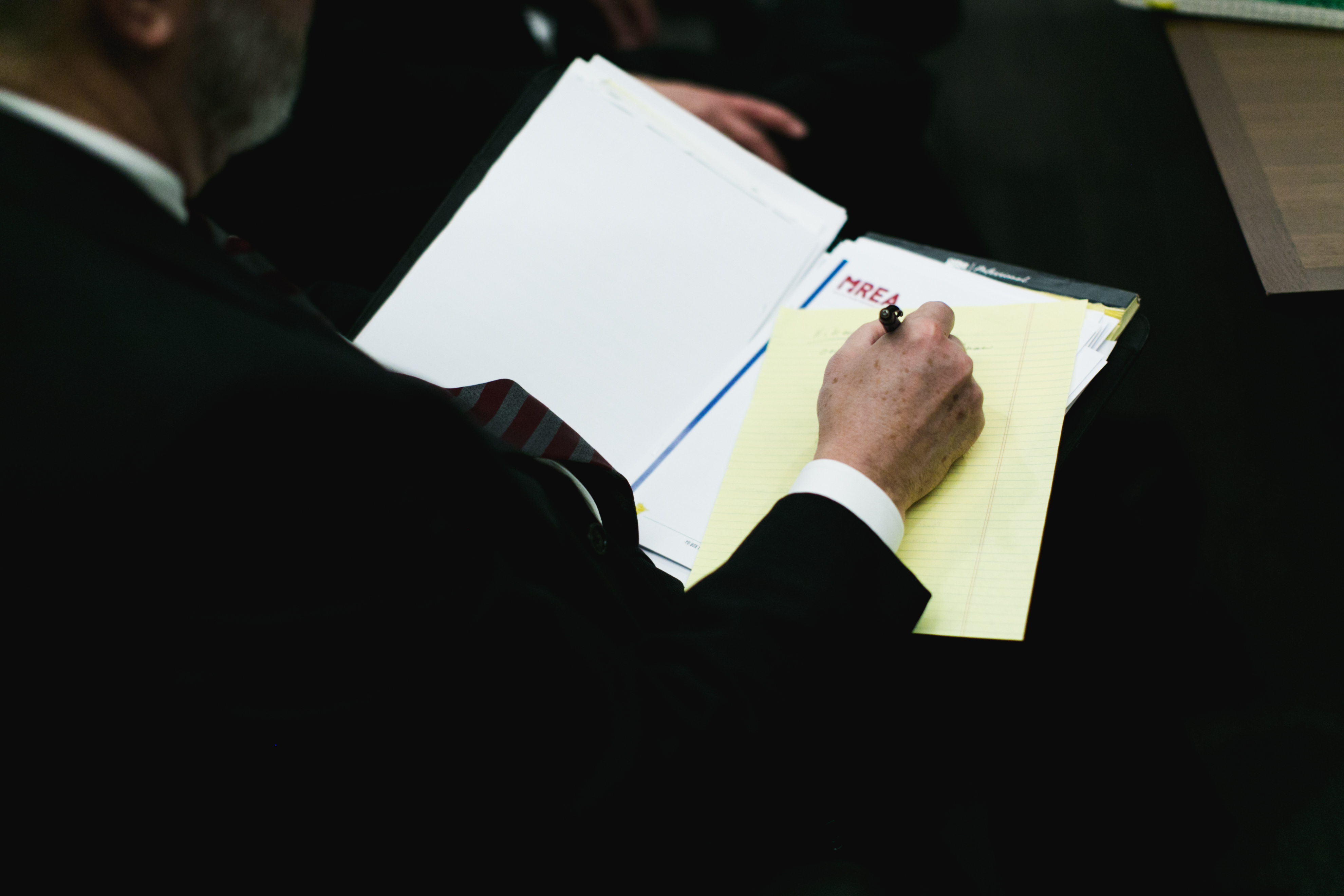When the regular session for the Minnesota Legislature ended on May 17, everyone in the Capitol arena understood Gov. Time Walz would continue the peacetime emergency order to deal with the COVID-19 pandemic, which expires on June 12, for another 30-day period.
Doing so requires him to call the Legislature into a special session so lawmakers can review and take action, if desired, on his emergency order.
Changing Focus
Prior to George Floyd’s death on May 25, the focus for the June 12 special session was to finish work on a bonding bill. The Senate GOP majority was holding out for a faster reopening of the economy before they supported passage of the bonding bill.
The events following Memorial Day have turned Minnesota and the country on its head. Calls for police reform and building up low-income communities of color are prominent and will impact the legislative debate as legislators go into special session on June 12. The People of Color and Indigenous (POCI) caucus has indicated they will withhold support for a bonding bill until policy reform measures are passed into law.
Political Standoff
Gov. Walz on Friday announced “Phase 3” of the state’s COVID-19 response and is allowing more activity to take place.
Still, the Senate GOP majority isn’t happy at what they see as an unnecessarily slow pace of returning to more normal economic activity.
The House DFL won’t support terminating the Governor’s emergency orders next week and thus begins the standoff on moving any legislation forward this summer.
Decisions
Technically speaking, the Legislature doesn’t need to do anything at this point. A bonding bill would help many communities and provides jobs. Several policy bills were left on the table when the regular session closed in May. Work on tax issues and the state budget could be addressed. Still, Gov. Walz has unallotment authority and control over federal COVID-19 relief funds as his disposal to navigate the state’s projected budget deficit.
While the Governor is the only one in the state who can call a special session the legislature is the only entity that can end a special session. It will be interesting to see if they legislature stays in session through June and beyond or if they adjourn, knowing they will likely be called back mid-July, assuming Walz continues the peacetime emergency order at that point (he will).
The legislature has another project of their own to get to work on: the November election that features the entire state House and Senate.
Advocating for Schools
Education likely won’t be featured during this summer’s special session work, but the advocacy and results will continue.
- Gov. Walz’s Executive Orders will continue to govern public school activity through MDE guidance.
- The federal CARES funding is set to go out to schools at the end of this month.
- Schools received flexibility to move funds around between accounts in the education finance bill that was just signed into law.
This funding and flexibility comes at a critical time for schools and will be more important given the state’s projected budget deficit.
MREA also will be focused on advancing key legislation for schools, including:
- Cooperative Facilities: This legislation would help rural schools serve some of the most marginalized students by providing better facility spaces for high needs special education learners.
- Repurposing Funds: Repurposing existing funds related to concurrent enrollment in either the E-12 or Higher Education budgets in order to keep the 18 Online program running at full capacity is another effort MREA will maintain as long as lawmakers are in session.
- Education Policy: An education policy bill was left at the front desk of the House at the end of May and could emerge in the special session.
- Broadband Access: MREA, as a partner in the Minnesota Rural Broadband Coalition, will push for additional funds for the community broadband access fund.
…………………………………..
Stay Connected
Stay apprised of resources and news on COVID-19 for schools at: MREAvoice.org/covid19





